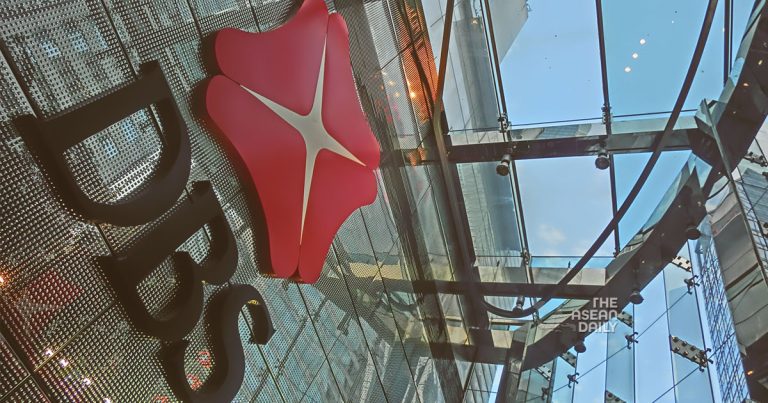25-2-2025 (SINGAPORE) Singapore’s largest financial institution DBS Bank has revealed plans to reduce its workforce by 4,000 positions over the next three years as artificial intelligence assumes responsibilities previously handled by human workers.
The cuts will primarily affect temporary and contract positions, which currently number between 8,000 and 9,000 across the bank’s operations. A DBS spokesperson clarified that “the reduction in workforce will come from natural attrition as temporary and contract roles roll off over the next few years,” emphasising that permanent staff members are not expected to be impacted by these changes.
Alongside the workforce reduction, outgoing Chief Executive Piyush Gupta announced plans to create approximately 1,000 new positions specifically focused on artificial intelligence, reflecting the bank’s strategic pivot toward technology-driven operations. This dual approach marks DBS as one of the first major financial institutions to provide concrete details about how AI integration will reshape its staffing structure.
The financial giant, which employs around 41,000 people globally, has not specified which geographical locations or specific roles will be affected by the planned reductions. However, Gupta revealed that the bank’s decade-long investment in AI technology has already yielded significant results, with “over 800 AI models across 350 use cases” currently deployed throughout the organisation.
“We expect the measured economic impact of these to exceed $745 million in 2025,” Gupta stated, underscoring the substantial financial benefits driving the technological transition. The CEO is scheduled to depart DBS at the end of March, with current Deputy Chief Executive Tan Su Shan slated to assume leadership.
This development emerges amid growing discourse about AI’s broader economic implications. The International Monetary Fund suggested in 2024 that artificial intelligence could potentially impact nearly 40% of jobs worldwide, with IMF Managing Director Kristalina Georgieva warning that “in most scenarios, AI will likely worsen overall inequality.”




